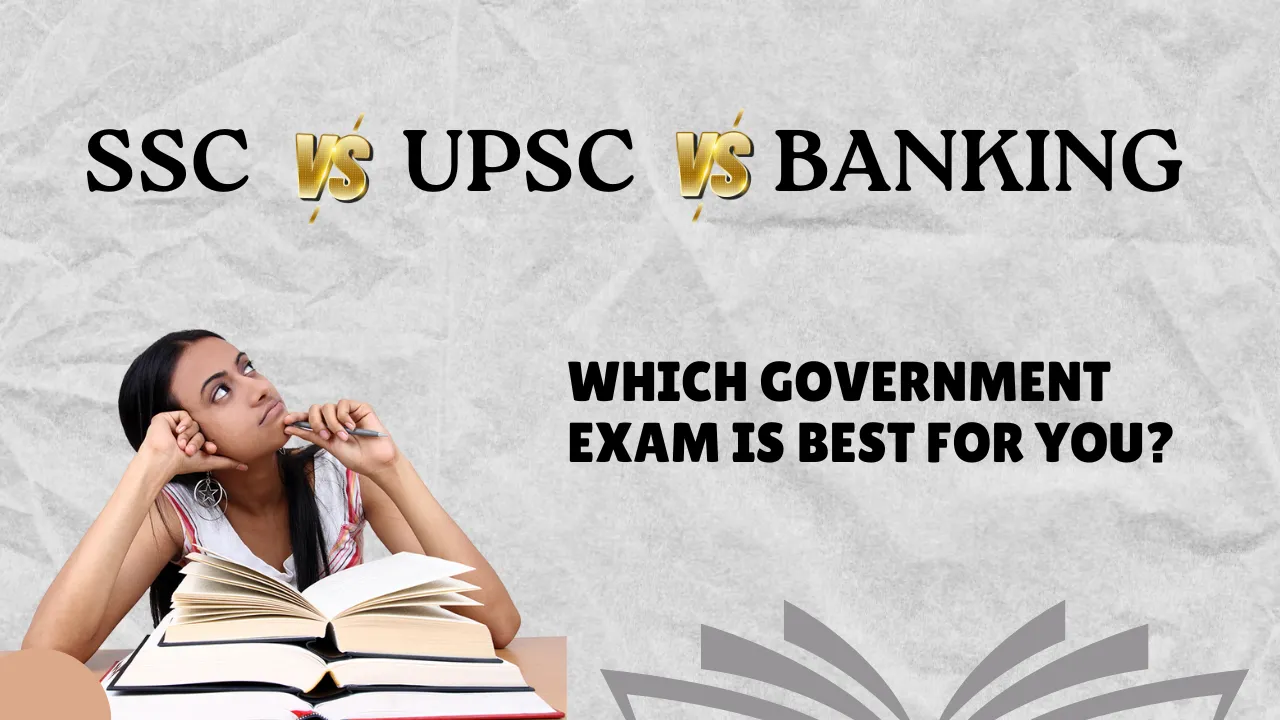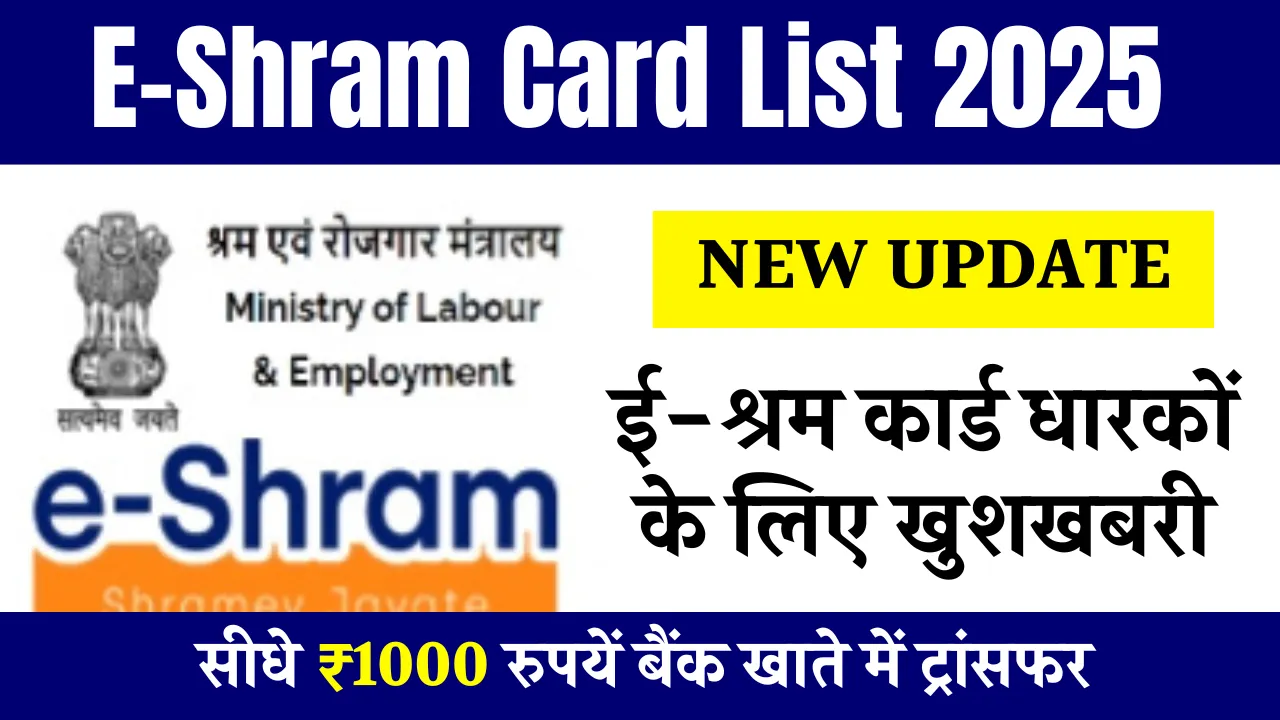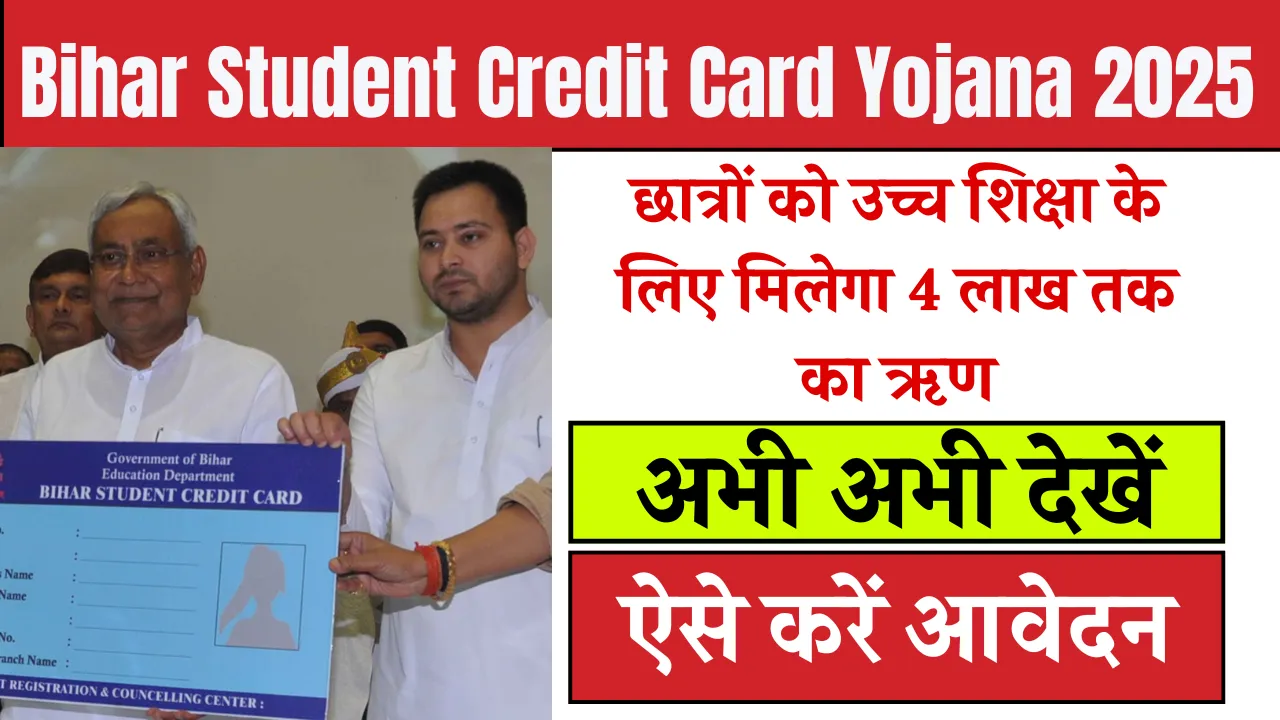SSC vs UPSC vs Banking: When it comes to choosing between SSC vs UPSC vs Banking, many aspirants find themselves confused. Each exam offers a gateway to a stable government job, but the nature of work, preparation strategy, and career growth vary greatly. Deciding which path suits you best depends on your interests, strengths, and long-term career goals.
In this article, we’ll break down the differences between SSC vs UPSC vs Banking, helping you understand which exam aligns with your aspirations and abilities.
Understanding SSC Exams
The Staff Selection Commission (SSC) conducts exams for various government departments. In the debate of SSC vs UPSC vs Banking, SSC is often seen as a good option for those seeking stability with moderate competition.
- Job Nature: Mostly clerical, assistant-level, or inspector posts.
- Syllabus: Focuses on Reasoning, Quantitative Aptitude, English, and General Awareness.
- Exam Difficulty: Generally moderate.
- Work Culture: Routine administrative tasks, decent work-life balance.
- Career Growth: Stable but slower promotions compared to banking.
Popular SSC Exams:
- SSC CGL
- SSC CHSL
- SSC MTS
- SSC GD Constable
- SSC CPO
Best For: Candidates looking for a secure job with less pressure and comfortable exam patterns.
Understanding UPSC Exams
In the comparison of SSC vs UPSC vs Banking, UPSC stands out as the most prestigious and challenging. The Civil Services Examination (CSE) conducted by UPSC recruits top administrative officers like IAS, IPS, and IFS.
- Job Nature: High-level administrative roles impacting governance and public policy.
- Syllabus: Extremely vast, covering subjects from History to Ethics.
- Exam Difficulty: Very high.
- Work Culture: Demanding, with significant responsibilities.
- Career Growth: Excellent, with opportunities to reach top government positions.
Best For: Aspirants passionate about public service, leadership roles, and ready for intense preparation.
Understanding Banking Exams
Banking exams are another popular choice in the SSC vs UPSC vs Banking discussion. These exams, conducted by IBPS, SBI, and RBI, offer opportunities in public sector banks.
- Job Nature: Customer service, finance management, loans, and administrative banking tasks.
- Syllabus: Reasoning, Quantitative Aptitude, English, and Financial Awareness.
- Exam Difficulty: Moderate, with a focus on speed and accuracy.
- Work Culture: Target-driven, especially in officer roles.
- Career Growth: Fast promotions for high performers.
Popular Banking Exams:
- IBPS PO, Clerk, SO
- SBI PO, Clerk
- RBI Grade B, Assistant
Best For: Candidates interested in finance, good with numbers, and looking for structured career growth.
Key Differences at a Glance
Here’s a quick comparison to simplify SSC vs UPSC vs Banking:
| Feature | SSC Exams | UPSC Civil Services | Banking Exams |
| Job Role | Clerical/Admin | Top Administration | Banking Operations |
| Difficulty | Moderate | Very High | Moderate |
| Syllabus | Aptitude & GK | Vast & Analytical | Aptitude & Finance |
| Exam Stages | CBT + Skill Test | Prelims, Mains, Interview | Prelims, Mains, Interview |
| Work Pressure | Low to Moderate | High | Moderate to High |
| Career Growth | Steady | Excellent | Fast |
| Best For | Stability Seekers | Leadership Aspirants | Finance Enthusiasts |
How to Choose the Right Exam for You
To decide between SSC vs UPSC vs Banking, consider these factors:
1. Your Interests
- Do you enjoy working with numbers and finance? Banking is ideal.
- Passionate about governance and public service? UPSC is your path.
- Prefer stable administrative work? SSC is a good choice.
2. Your Strengths
- Strong in current affairs and deep analysis? UPSC suits you.
- Quick problem-solving and numerical ability? Banking is better.
- Good at basic reasoning and general knowledge? SSC fits well.
3. Time Commitment
UPSC demands 1-2 years of dedicated preparation. SSC and Banking exams generally require 6-12 months of focused study.
4. Career Aspirations
If you aim for leadership and decision-making roles, UPSC is unmatched. For faster promotions and financial sector jobs, banking is better. For a peaceful, secure job, SSC is the way to go.
5. Educational Qualification
- SSC offers options after 12th (CHSL, MTS) and graduation (CGL).
- Banking and UPSC require graduation for officer-level posts.
FAQs
1. Which exam is easier: SSC, UPSC, or Banking?
SSC and Banking are generally easier than UPSC due to a smaller syllabus and lower competition levels.
2. Can I prepare for SSC and Banking together?
Yes, since their syllabuses overlap in reasoning, aptitude, and English, but focus on the specific patterns of each exam.
3. Is UPSC worth the effort?
If you’re passionate about administrative services and public welfare, UPSC offers unmatched career satisfaction and prestige.
4. Which exam offers faster promotions?
Banking offers quicker promotions, especially for high-performing officers.
5. Can I switch careers after joining SSC, UPSC, or Banking?
Yes, many candidates prepare for other exams after securing a job for better opportunities.
Final Thought
Choosing between SSC vs UPSC vs Banking isn’t about which exam is best overall—it’s about which is best for YOU. Evaluate your interests, strengths, and long-term goals before making a decision. Each path offers stability and growth, but the journey and destination differ. If this guide helped clear your confusion, leave a comment or share it with fellow aspirants. For more career advice and exam tips, explore our other articles!
















